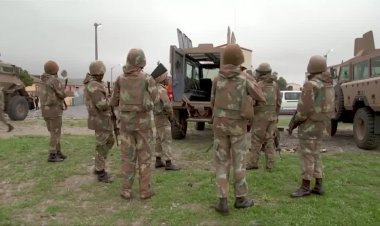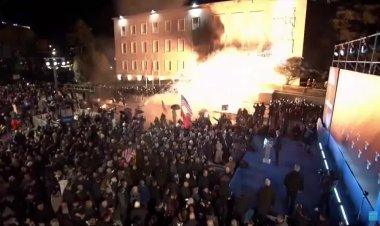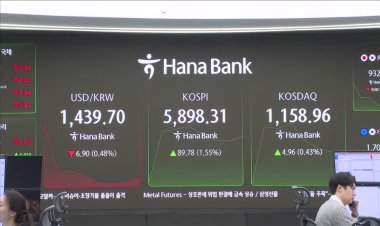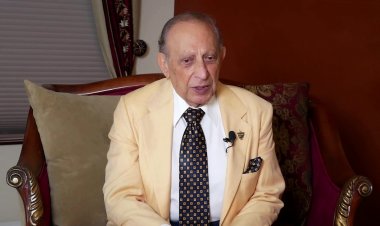Iran's President Pledges Reform, Open to US Talks
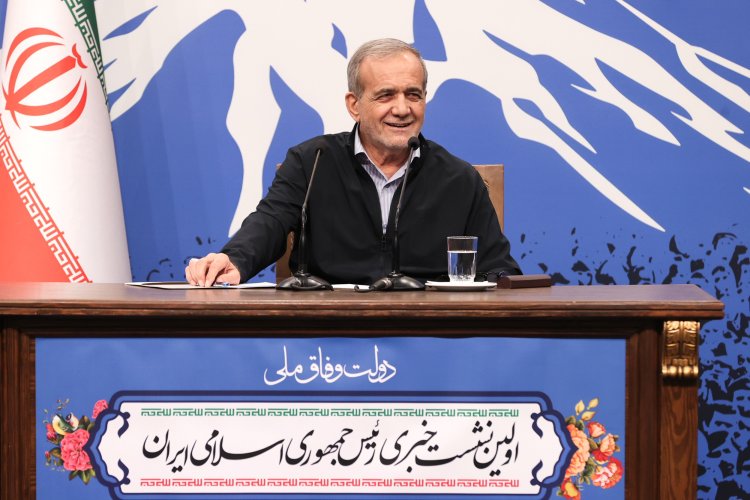
On the second anniversary of Mahsa Amini's death, Iranian President Masoud Pezeshkian addressed several key issues during his first press conference since taking office in July. Pezeshkian, who replaced the late Ebrahim Raisi, pledged to ensure that the morality police would no longer "bother" women, addressing concerns stemming from Amini's death in custody after her arrest for alleged dress code violations.
The president also touched on Iran's relationship with the United States, stating that Iran does not want conflict if the U.S. respects Iranian rights. He emphasized that Iran is not seeking nuclear weapons and has respected the framework of the 2015 nuclear agreement, blaming the US for breaking the deal.
Regarding sanctions and accusations of weapons transfers to Russia, Pezeshkian denied providing any weapons to Russia since he assumed the presidency. He acknowledged the possibility of past military cooperation but insisted that no recent transfers had occurred.
The president defended Iran's missile program as a necessary deterrent against Israel, challenging the West to disarm Israel before asking Iran to give up its missiles. He also denied Iran's possession of the type of hypersonic missile allegedly used by Houthi rebels against Israel.
The Iranian President expressed openness to direct talks with the United States if Washington demonstrates "in practice" that it is not hostile to Iran. This statement comes in the context of ongoing tensions and failed attempts to revive the 2015 nuclear deal.
The press conference also addressed domestic issues, with Pezeshkian promising to ease internet restrictions and work on improving access to social media platforms.
These statements come at a time of continued international scrutiny of Iran's nuclear program, its regional activities, and human rights record. The president's remarks suggest a potential for diplomatic engagement while maintaining Iran's stance on key security and sovereignty issues.







